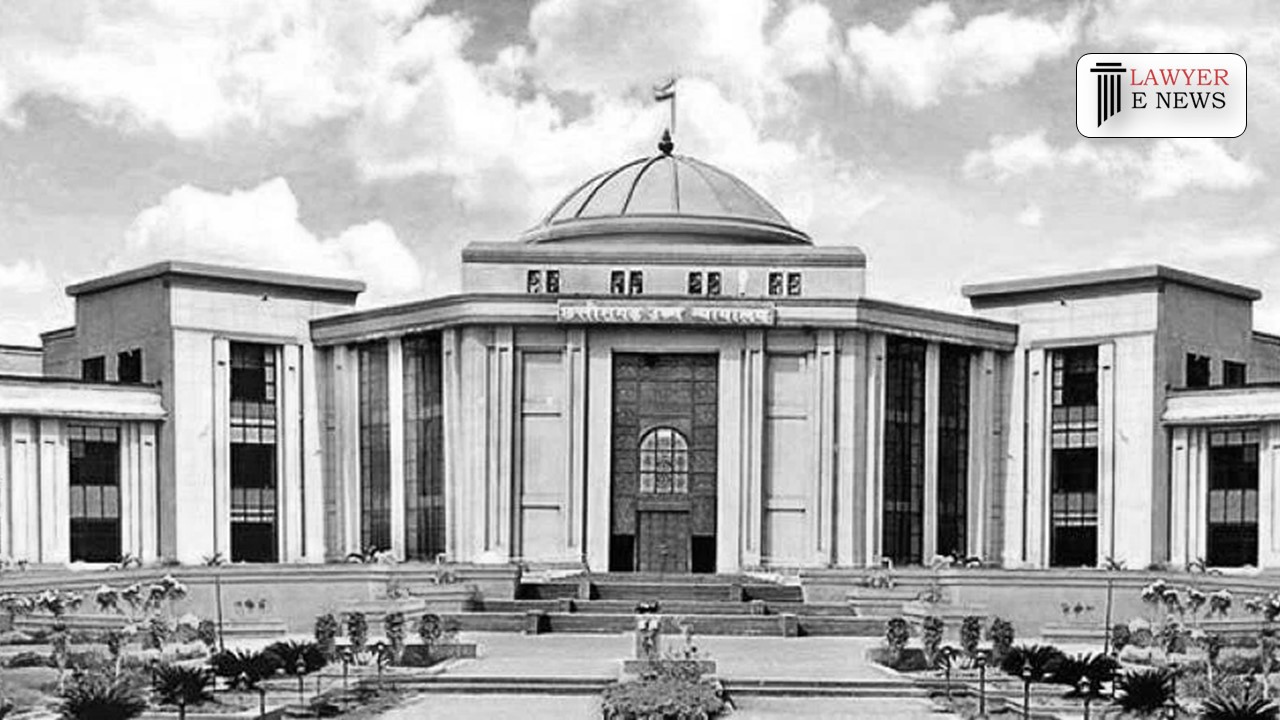-
by Admin
18 February 2026 1:48 AM



In a significant ruling, the High Court of Chhattisgarh, Bilaspur, has rejected applications for a DNA test filed by the appellants in criminal appeals concerning their conviction for gang rape. The judgment was delivered by Hon’ble Shri Sanjay K. Agrawal and Hon’ble Shri Radhakishan Agrawal, JJ., on 17/08/2023.
The appellants were tried and convicted for offenses under Section 376-D of the IPC, Section 4 of the POCSO Act, and Section 3(2)(v) of the Scheduled Castes and the Scheduled Tribes (Prevention of Atrocities) Act, 1989. During the trial, they sought a DNA test of themselves, the victim, and the victim’s newly born baby, which was rejected by the Special Judge.
In their judgment, the High Court observed that “DNA profiling is a valid and reliable method for identification, but it cannot be ordered as a matter of course.” The Court further emphasized that “a direction to use DNA profiling to determine paternity is an extremely delicate and sensitive aspect and must be conducted only when eminently needed.”
The Court also noted that the baby child of the victim was neither a party in the criminal appeals nor was the paternity required to be examined. Directing a DNA test would violate the privacy right of the infant, which is a constitutionally protected right.
In conclusion, the High Court found no merit in the applications for a DNA test and rejected them accordingly. The judgment has set a precedent by emphasizing the importance of privacy rights and the careful consideration required before ordering DNA tests in legal proceedings.
Date of Decision: 17/08/2023
Dilesh Nishad vs State of Chhattisgarh
